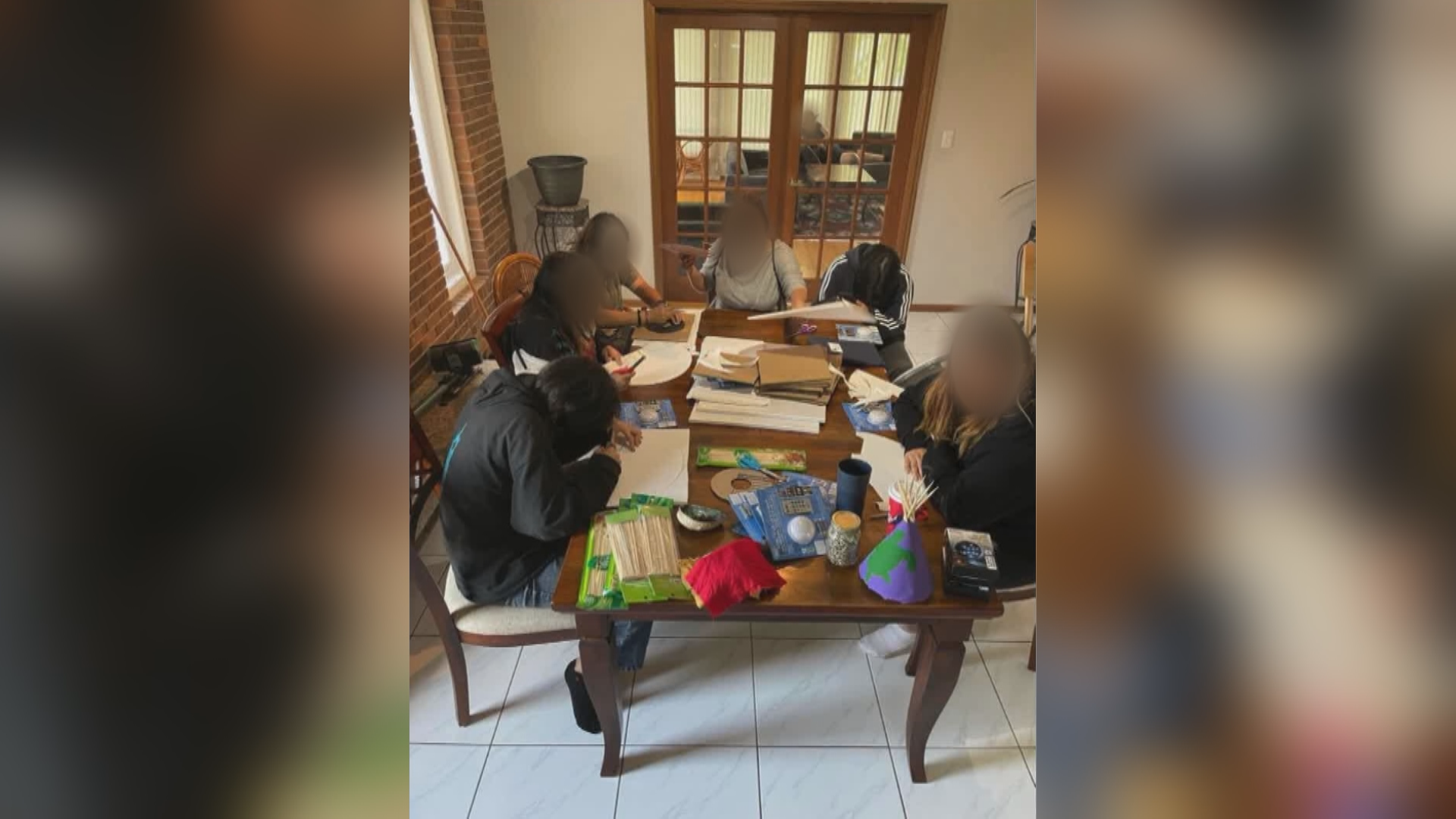The Manitoba government says it’s cutting ties with a local group home operator, as the privately-owned group home is being investigated for providing cannabis to teens in its care, allegedly as a harm reduction method.
The Manitoba Advocate for Children and Youth, however, is pointing a finger at the province for not providing group homes with the tools and supports they need to look after kids who are struggling with addiction to much harder drugs.
“I was quite disappointed in hearing the practice of Spirit Rising House,” Sherry Gott, children’s advocate, told Global News.
“I think their approach of harm reduction, by taking that into their own hands,… it was quite concerning.”
But Gott said the lack of resources isn’t a new issue, and the province needs to do a better job supporting kids it takes into government care.
“The government needs to step up and provide appropriate resources for children and youth that are vulnerable, and provide supports wherever needed,” she said.
“I think there needs to be monitoring processes in place, and to follow the provincial guidelines with respect to children in care.
“After all, these children are being taken out of homes. So under government care, they need to be responsible and look after those children appropriately.”
The email you need for the day’s
top news stories from Canada and around the world.
Manitoba Premier Wab Kinew said he supports Families Minister Nahanni Fontaine’s action to cut ties with the Spirit Rising organization.
“It makes you think, as a parent, just as the average person in Manitoba, about the well-being of these kids,” Kinew said.
“You’re talking about some of the young people with the highest needs in Manitoba who are being treated in an inappropriate way and who deserve far better.”
Kinew said the status quo is not working for vulnerable kids in Manitoba, and agreed the province needs to be flexible and listen to recommendations from the children’s advocate and support Indigenous communities as they transition to take over control of child welfare. Roughly 90 per cent of kids in the child welfare system in the province are Indigenous.
Kinew says he agrees more youth rehabilitation beds and support services are needed.
But not everyone feels the actions of Spirit Rising House should be condemned. The parents of a 17-year-old who has lived in one of Spirit Rising’s 13 group homes since 2022,told Global News that the facility has been instrumental in keeping their daughter away from the street drugs she was addicted to, and on a path to recovery.
“With a child with addictive personality and with addictions that she did have, Spirit Rising helped her… it saved her basically,” said the mother — who can’t be named, to protect her daughter’s identity.
“She was about 12 or 13 when she went onto a path that we just couldn’t guide her through … with the drugs.”
“Spirit Rising, I find, is a home for kids that no one else would help. These are high-risk children with no help and Spirit Rising took them in. These girls are sexually exploited, they’re addicted to the worst case drugs,” the mother said.
The girl’s father said he’s unfazed by the use of cannabis by the home as he says it’s helping to keep his daughter and others like her away from more serious substance use.
The focus on pot, he said, is hypocritical, considering efforts to help intravenous drug users with clean needles and kits to reverse street drug overdoses.
“They can hand out clean needles on the streets and hand out Narcan to all these addicts on the streets and say it’s OK to do that …but it’s not OK to give a kid pot, which I know doesn’t do any damage to anybody.
“It’s saving my daughter’s life and keeping her away from the harder street drugs she was addicted to. I don’t have any problem with that.”
Since Spirit Rising took her in, the parents said their daughter has stopped drinking and taking pills, has begun attending Alcoholics Anonymous meetings, and has even quit smoking cigarettes and vaping.
“Where she came from to where she is now, that was Spirit Rising,” her mother said. “They took her to AA meetings, they did everything — they’re teachers, they’re parents where the parents aren’t, they’re therapists.”
Kelli Register is a partner in Spirit Rising House, which started operations three years ago.
“We were asked, over and over, to open new resources and put ourselves out, into a deficit and into personal debt, to open more homes,” said Register, adding that agencies have had more high needs kids in the system than they had places to put them.
Staff at Spirit Rising and some parents say, this tussle with the province is taking a destabilizing toll on vulnerable kids as they wait to see if their home is being shut down and where they’ll live next.

© 2024 Global News, a division of Corus Entertainment Inc.





